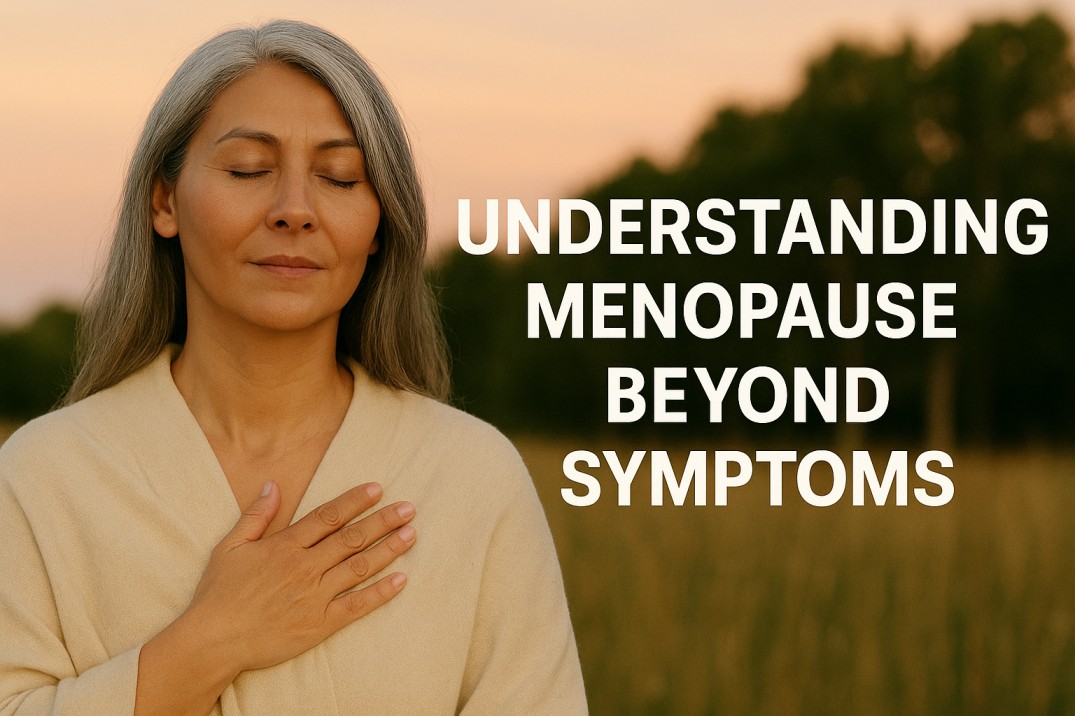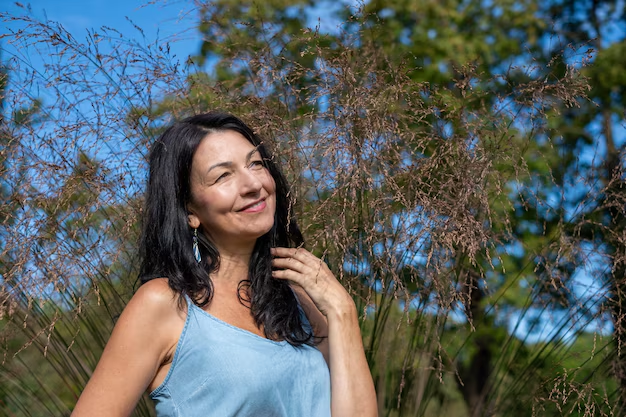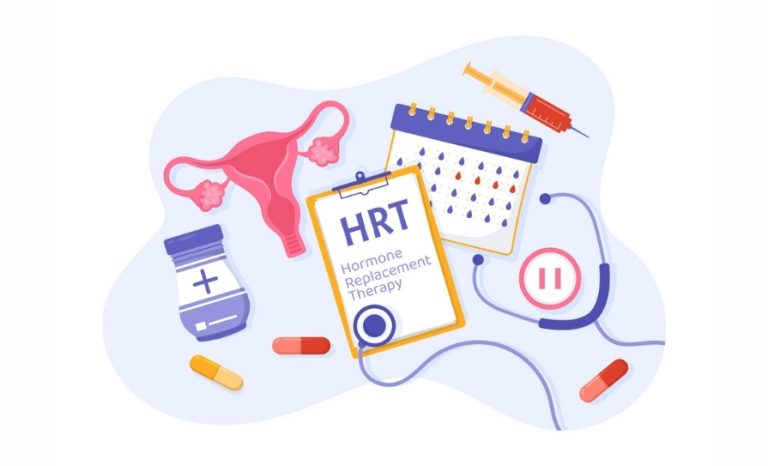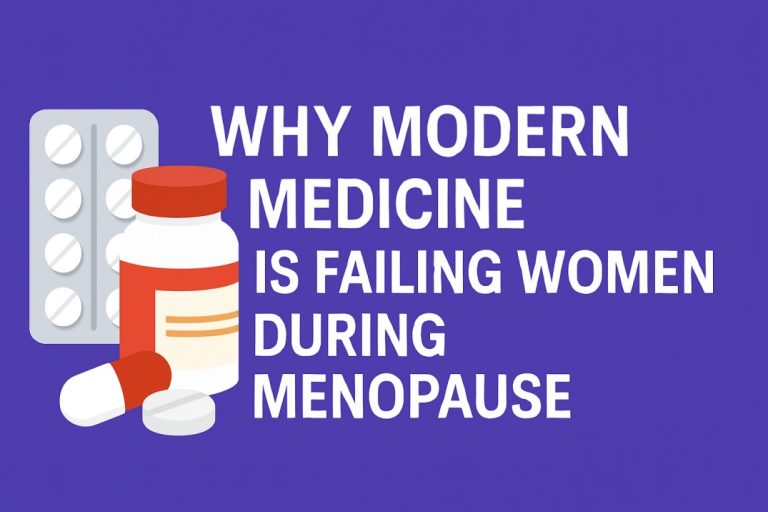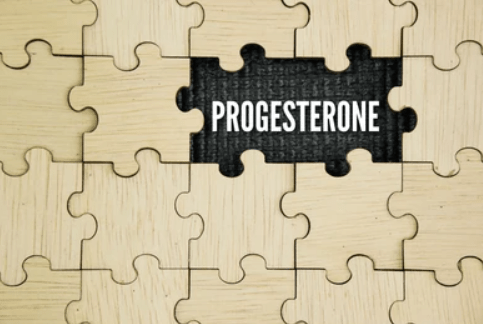Women deserve better. Throughout history, menopause has been relegated to whispers and discomfort, treated as a collection of symptoms to endure rather than a profound transition to embrace. This natural life phase offers an invitation to reconnect with our bodies, minds, and spirits in transformative ways.
The conventional approach to menopause often focuses solely on hormone replacement and symptom management. While these interventions have their place, they represent only fragments of a much larger picture. True wellbeing during menopause emerges from a comprehensive understanding of this transition and the integration of practices that nourish every dimension of health.
Understanding Menopause Beyond Symptoms
Menopause marks a significant hormonal shift that affects virtually every system in a woman’s body. Hot flashes, sleep disturbances, and mood changes receive the most attention, but the transformation extends far deeper. The fluctuations in estrogen and progesterone influence brain function, cardiovascular health, bone density, metabolism, and immune response.
What many women experience as disruption can be reframed as recalibration. The body is not failing but adapting to a new hormonal landscape. This perspective shift alone can profoundly impact how women experience this transition.
Research increasingly confirms what traditional healing systems have long recognized: our physical symptoms connect intimately with our emotional states, thought patterns, and spiritual wellbeing. This understanding forms the foundation of a truly holistic approach to menopause.
The Pillars of Holistic Menopause Care
Holistic healing during menopause rests on several interconnected pillars, each supporting different aspects of wellbeing while contributing to overall balance.
Nutritional wisdom stands central to menopausal health. The foods we consume provide not just calories but our cells interpret and respond to this as vital information. Anti-inflammatory, nutrient-dense foods rich in phytoestrogens and antioxidants help modulate hormonal shifts while supporting cellular repair and renewal. The ancient wisdom that “food is medicine” becomes particularly relevant during this life phase.
Movement practices offer another essential pillar. Regular physical activity maintains muscle mass, supports bone density, regulates mood, improves sleep quality, and enhances cardiovascular function. The key lies in finding forms of movement that bring joy rather than depletion. Walking in nature, swimming, yoga, tai chi, and dance all offer benefits that extend beyond physical fitness to emotional and spiritual wellbeing.
Stress resilience becomes increasingly important during menopause. The hormonal fluctuations characteristic of this transition can amplify stress responses, creating a cascade of effects throughout the body. Mindfulness practices, breath work, meditation, and time in nature help activate the parasympathetic nervous system, countering the effects of chronic stress and creating space for healing.
Sleep restoration deserves special attention using good sleep hygiene techniques. Many women experience disrupted sleep patterns during menopause, which can exacerbate other symptoms and compromise overall health. Creating sleep sanctuaries free from electronic devices, establishing consistent sleep schedules, and incorporating relaxation practices before bed can significantly improve sleep quality.
The Emotional and Spiritual Dimensions
Beyond physical practices, menopause invites women to attend to their emotional and spiritual wellbeing. This transition often coincides with other significant life changes: children leaving home, career shifts, aging parents, and evolving relationships. These circumstances create both challenges and opportunities for growth.
Emotional processing becomes essential during this time. Many women find that unresolved grief, anger, or trauma surfaces during menopause, seeking acknowledgment and integration. Various therapeutic modalities can provide support, from traditional talk therapy to somatic approaches that recognize the body as a repository of emotional experience.
Community connection offers another vital dimension of support. Throughout human history, women have gathered to share wisdom, provide mutual support, and mark life transitions. Creating or joining circles of women experiencing similar life phases can provide validation, practical wisdom, and the profound medicine of being truly seen and heard.
Spiritual practices, whether religious or secular, help many women find meaning in their menopausal journey. Rituals marking this transition, journaling, creative expression, time in nature, and contemplative practices all offer pathways to deeper self-understanding and connection with something larger than oneself.
Integration and Personalization
The art of holistic healing during menopause lies in integration and personalization. Each woman brings a unique genetic makeup, health history, life circumstances, and personal preferences to this transition. What works beautifully for one woman may prove ineffective or even counterproductive for another.
Functional medicine approaches offer valuable frameworks for understanding individual biochemistry and developing personalized protocols. Comprehensive testing of hormone levels, nutrient status, inflammatory markers, and genetic variations can provide insights that guide targeted interventions.
Equally important is the wisdom that comes from within. Women who develop practices of self-awareness and self-listening often discover their own best guides to health. The body speaks continuously through sensations, energy levels, emotional states, and intuitive knowing. Learning to interpret these signals represents a powerful form of healthcare.
Toward a New Paradigm
Menopause offers women an opportunity to reclaim their health on their own terms. Rather than approaching this transition as a medical condition requiring management, we can embrace it as a natural process of maturation that, when supported holistically, can lead to unprecedented vitality, confidence, and wisdom.
The journey through menopause invites us to integrate ancient wisdom with modern science, conventional medicine with complementary approaches, and physical care with emotional and spiritual nourishment. Creating this integrative foundation is key to thriving during menopause, not just surviving.
Women entering this life phase today have access to more information, options, and support than any previous generation. By approaching menopause holistically, they can transform what has historically been viewed as a time of decline into a period of renewal, empowerment, and authentic self-expression.
The wisdom gained through this process extends far beyond managing hot flashes or sleep disruptions. It encompasses a deeper understanding of the interconnectedness of all aspects of health and the remarkable capacity of the female body to adapt and regenerate when given appropriate support. This wisdom becomes not just a personal resource but a gift to families, communities, and future generations of women.

